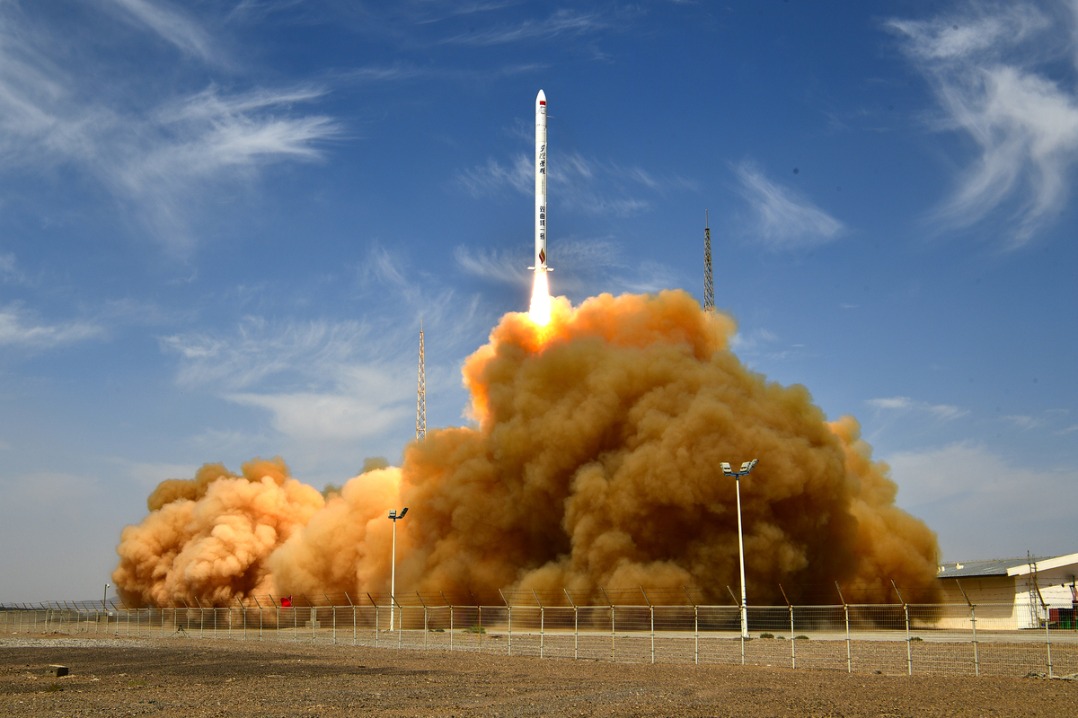Africa's CDC declares mpox a public health emergency and calls for action

NAIROBI — The African Union's health watchdog on Tuesday declared a public health emergency over the growing mpox outbreak on the continent, saying the move is a "clarion call for action".
The outbreak has swept through several African countries, particularly the Democratic Republic of the Congo, where the virus formerly called monkeypox was first discovered in humans in 1970.
"With a heavy heart but with an unyielding commitment to our people, to our African citizens, we declare mpox as public health emergency of continental security," Jean Kaseya, head of the Africa Centres for Disease Control and Prevention, or Africa CDC, said during an online media briefing.
"Mpox has now crossed borders, affecting thousands across our continent, families have been torn apart and the pain and suffering have touched every corner of our continent," he said.
According to Africa CDC data, as of Aug 4, there had been 38,465 cases of mpox and 1,456 deaths in Africa since January 2022.
"This declaration is not merely a formality, it is a clarion call to action. It is a recognition that we can no longer afford to be reactive. We must be proactive and aggressive in our efforts to contain and eliminate this threat," Kaseya said.
It is the first time the Addis Ababa-headquartered agency has used the continental security power it was given in 2022.
The decision is expected to help mobilize money and other resources early in any efforts to halt the spread of disease.
Boghuma Titanji, assistant professor in medicine at Emory University in the United States, said the CDC declaration was a "crucial step" toward enhancing coordination among African countries and encouraging them to allocate funds to combat the outbreak.
"While there has been substantial criticism of foreign donors for inadequate support, the overreliance on external aid has highlighted a major flaw in the current response efforts," Titanji said in a statement.
CDC's announcement on Tuesday came ahead of a meeting of the World Health Organization's emergency committee on Wednesday to decide whether to trigger a public health emergency of international concern, or PHEIC, — the highest alarm the WHO can sound.
"What we are declaring today can be complemented by the action WHO can take," Kaseya said.
"We are tracking closely the spread of mpox in Central Africa. We are pleased to see international leadership in this area," State Department spokesman Vedant Patel told reporters.
He said that the United States so far this year has contributed $17 million beyond already programmed assistance to help African countries prepare and respond to mpox.
That led the WHO to declare a PHEIC, which lasted from July 2022 to May 2023. The outbreak caused some 140 deaths out of about 90,000 cases.
Titanji said that the declaration did not however "lead to significantly improved access to diagnostics, therapeutics, or vaccines for African countries".
Agencies via Xinhua

Today's Top News
- China and US agree to push for extension of tariff pause after Stockholm negotiations
- US, China trade talks candid, in-depth, constructive, says China intl trade representative
- China unveils delegation for Chengdu World Games
- Xi urges youths to champion vision of peace
- All-out relief efforts underway in flood-hit regions
- Crucial to foster stable China-ROK ties






























